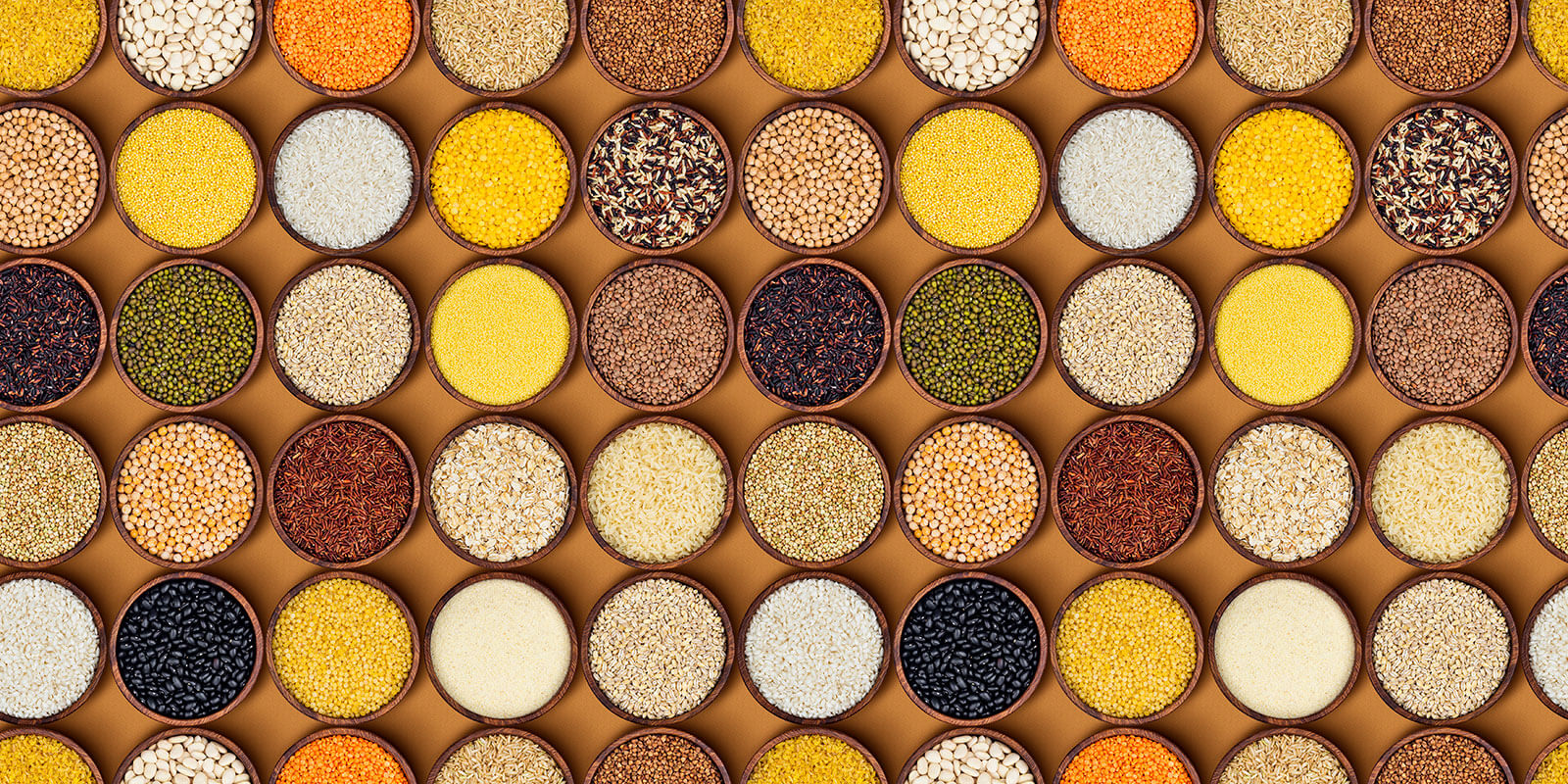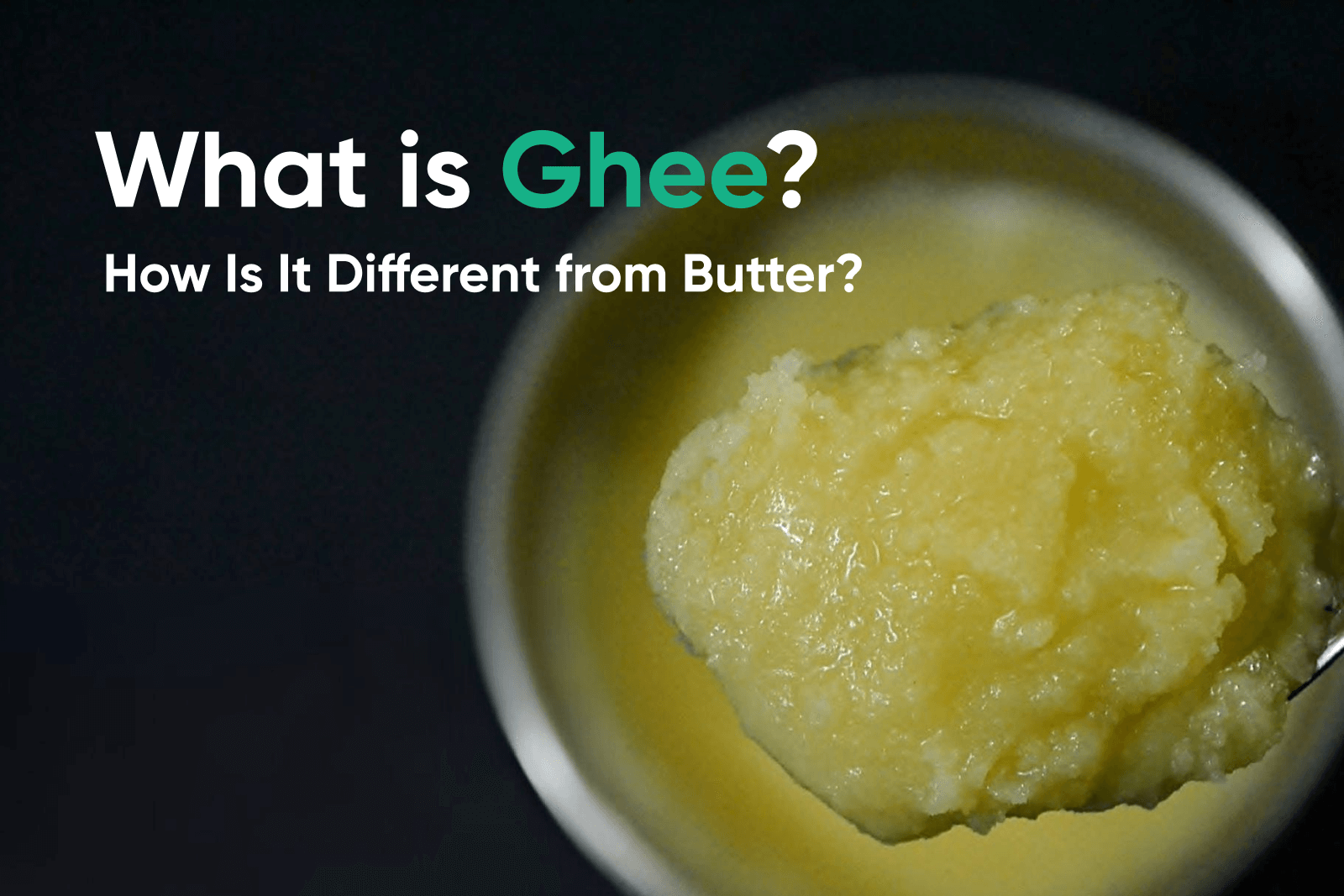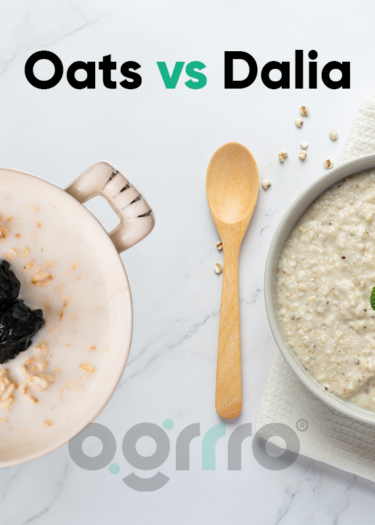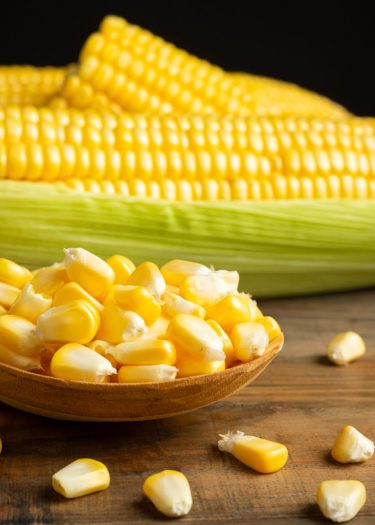What is Millet
Millet is one of the world’s oldest cultivated grains, having been farmed for thousands of years throughout Africa and Southeast Asia. Millet can be used to produce bread, beer, cereal, khichdi, roti and a variety of other foods. Even now, millets remain a common meal all across the world.
Millet refers to a group of small-grained, warm-weather annual cereals of the grass family. These crops are naturally drought resistant. Millet is widely produced for food and fodder all over the world. Millets are significant crops in semi-desert climates, and they are native to many parts of the world. Millets have been a staple in areas of Asia and Africa for ages. East Asia has been cultivating the crop for at least 10,000 years.
Here you will get to know more about the millets, countries that grow millets, and the types and benefits of the millets. Let’s get started!
Health and Environmental Benefits of Millets
Millets are the best when it comes to health and the environment. Let’s know more about the benefits of the millet.
- Boost immunity
Protein consumption aids in the development of the body’s immunity. Millets are high in protein and can help us grow and enhance our immune systems. A stronger immune system implies less possibilities of contracting illnesses.

- Keeps the blood sugar level low
Millets are low in glycemic index. Consume millets on a daily basis to reduce your chance of acquiring diabetes.

- Prevents asthma
The magnesium component in millets might help you have fewer migraines. It may help lessen the intensity of your asthma symptoms. The reason for this is that, unlike wheat, they do not contain allergens that cause asthma and wheezing.

- Environmental friendly
Millets have also played an essential role in nourishing soils and enhancing their fertility and texture, increasing yield and hence farmer returns.

- Less Carbon footprint
Millets give greater feed than maize and sorghum because they have more tillers or branches. Given the water requirements and methane emissions of rice fields, millet crops have a strong capacity to store carbon and so aid in climate adaptation.

Top Millet producing Countries
Milles have been grown for thousands of years in many countries. Here we will provide you with the top 5 countries that grow millet.
- India
India is the world’s largest producer of millets, accounting for around 40% of total production. It has been recognized from prehistoric times to be a staple food. The most common type of millet is pearl millet. Millets are grown mostly in places with lower rainfall and cover an area of around 30 million acres.
- Nigeria
Nigeria has a very high proportion of total millet production in the globe; the output in this nation was nearly four times that of the ICRISAT project, which was started for this purpose. This was accomplished through fertilizers, government assistance, and exposing farmers to better quality millet seeds at a comparable price, which is most frequent in Nigeria’s tropical regions.
- Niger
Pearl millet is the most prevalent variety of millet consumed in Niger, and it is also regarded as one of the world’s most famous staple foods. Many organic and inorganic fertilizers were employed to enhance millet output in the nation since the demand was constantly strong.
- China
Millet is a crop that has been cultivated in China for thousands of years and has been discovered in ancient sites. Millet was and continues to be utilized because it requires little human care in its cultivation. It is mostly cultivated in the country’s northern and sometimes northern-eastern regions.
- Mali
Millet is one of Mali’s most significant crops in terms of food security and money generated by crop production; in fact, more than half of the Mali population is active in farming, and this crop is grown by more than half of the Mali population. It is a typical country crop, although it is also widely consumed in cities and towns.
Conclusion
With the information provided above, you will get to know more about the Millets and what are the benefits of the millets. You will also know the top millet producing counties. These days organic food is becoming more popular for its health benefits. With that, people are promoting organic farming including the millets as well. Organic millets can easily be purchased from your nearest stores. So, don’t wait up, get those healthy millets right away.






